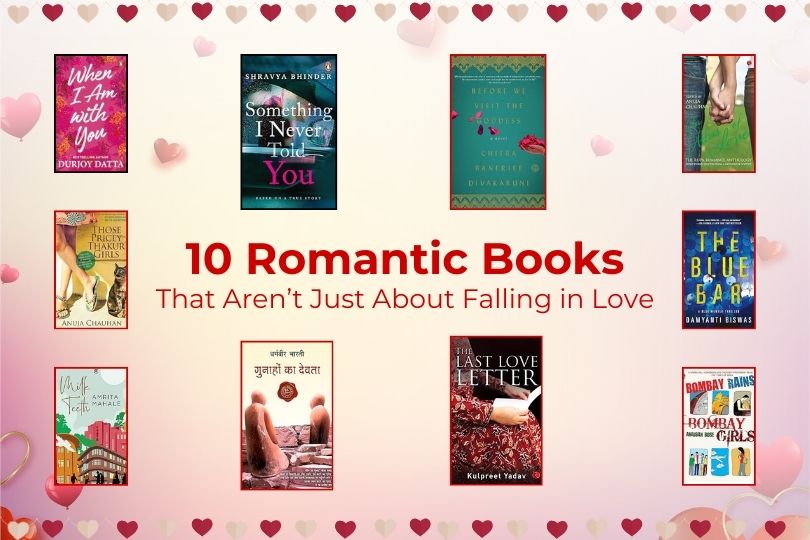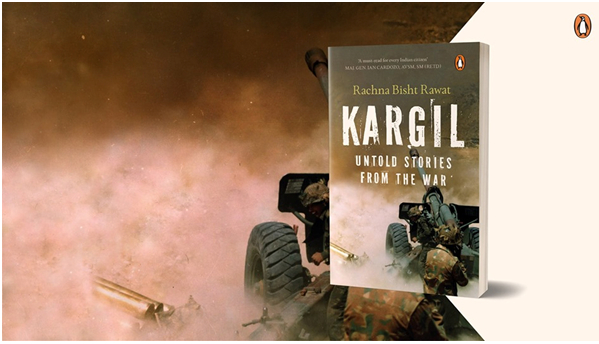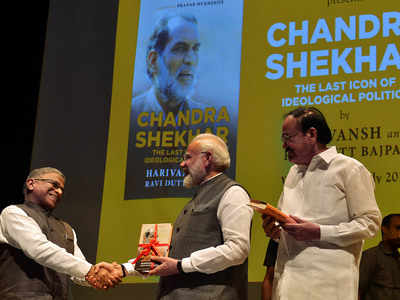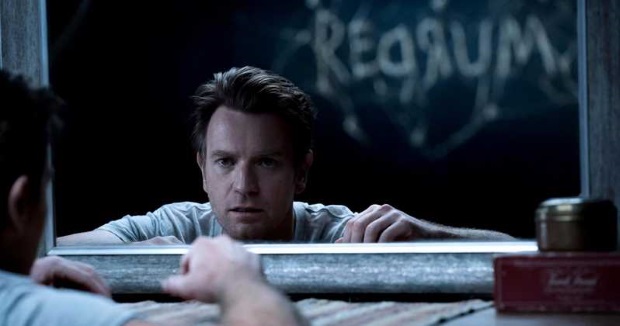The Evolution of Mystery Genre: From Early Detective Stories to Modern Thrillers
The origins of the mystery genre can be traced back to the early 19th century. In the mid-1800s, the publishing industry was booming, and new genres were emerging.on May 08, 2023
.jpg)
The mystery genre has captivated readers for centuries. From early detective stories to modern thrillers, this genre has evolved and transformed, adapting to its audience's changing times and tastes. In this blog, we will take a closer look at the evolution of the mystery genre, exploring its key milestones and tracing the development of some of its most popular subgenres.
Early Detective Stories: The Birth of a Genre
The origins of the mystery genre can be traced back to the early 19th century. In the mid-1800s, the publishing industry was booming, and new genres were emerging. One of these was the detective stories, which first appeared in the form of short stories in magazines. Edgar Allan Poe is often credited with creating the first detective story, "The Murders in the Rue Morgue," published in 1841. This story introduces the character of C. Auguste Dupin, a detective who uses logic and deduction to solve crimes.
The Golden Age of Detective Fiction
The early 20th century is often referred to as the "Golden Age" of detective fiction. This period saw the rise of iconic detective characters like Sherlock Holmes, Hercule Poirot, and Miss Marple. The popularity of these characters helped to establish the detective story as a key subgenre of mystery fiction.
The Golden Age also saw the development of the "whodunit" subgenre, which became hugely popular with readers.
These stories were characterized by their intricate plots, red herrings, and surprise endings. Authors like Agatha Christie and Dorothy L. Sayers became household names, and their books continue to be read and enjoyed even today.
The Hard-Boiled Detective
In the 1920s and 1930s, a new subgenre of mystery fiction emerged: the hard-boiled detective story. These stories were characterized by their tough, cynical protagonists and their gritty urban settings. Writers like Dashiell Hammett and Raymond Chandler helped to popularize this style of writing, which is still influential today.
The Psychological Thriller
In the 1950s and 1960s, the mystery genre began to evolve once again. The rise of the psychological thriller subgenre brought a new level of complexity to mystery fiction. These stories focused on the psychological motivations of their characters, blurring the lines between good and evil and challenging readers to think deeply about the nature of human behavior. Authors like Patricia Highsmith and Ruth Rendell were among the pioneers of this subgenre.
The Modern Thriller
In recent decades, the mystery genre has continued to evolve and adapt. The modern thriller subgenre has become increasingly popular, characterized by its fast-paced action, high-stakes plotlines, and heart-pounding suspense. Writers like Dan Brown, James Patterson, and Gillian Flynn have all found huge success with their thrilling, page-turning novels.
Conclusion
The mystery genre has come a long way since the early detective stories of the 19th century. It has evolved over time to cater to the changing preferences of its audience, from the Golden Age to the emergence of the hard-boiled detective, psychological thriller, and modern thriller subgenres.
Today, mystery fiction remains as popular as ever, with new authors and subgenres emerging all the time. Whether you prefer classic whodunits or heart-pounding thrillers, there's something for everyone in the world of mystery fiction.

.jpg)
.jpg)
.jpg)
.jpg)
.jpg)

.jpg)
.jpg)
.jpg)
.jpg)
.jpg)

.jpg)
.jpg)
.jpg)











Sorry! No comment found for this post.